Galaxy Note 9 reaches 1 million sales in Korea faster than S9, but slower than Note 8
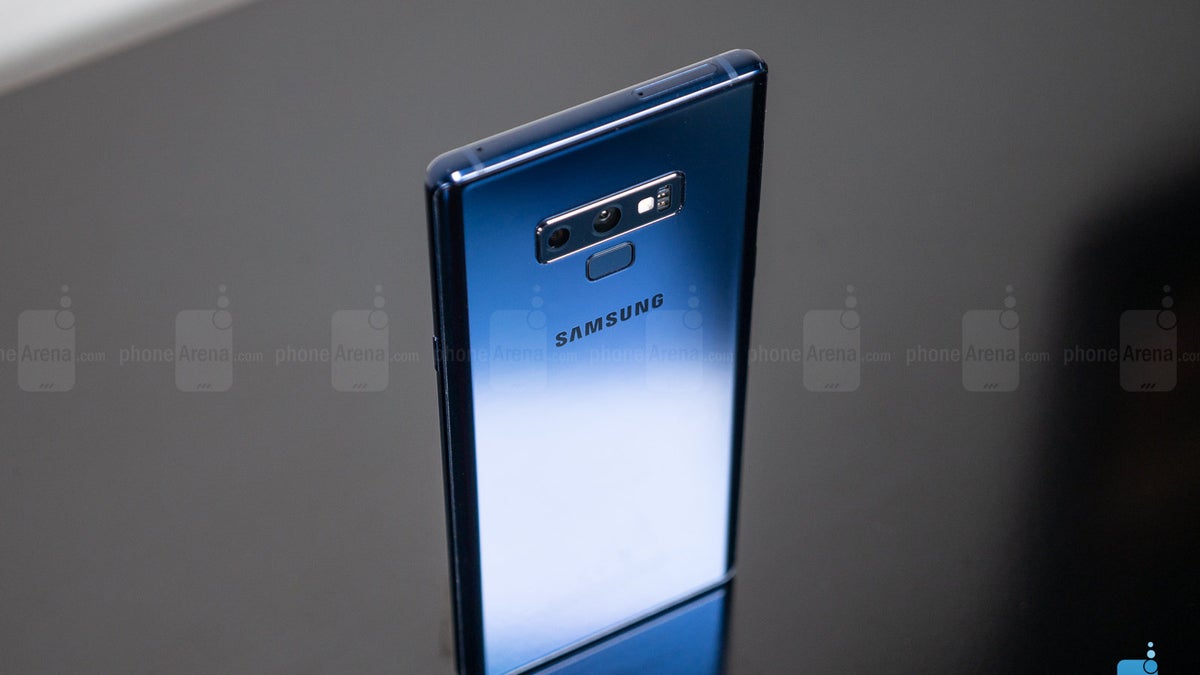
It’s hard to find a better all-around phone these days than Samsung’s Galaxy Note 9, but that doesn’t necessarily mean the S Pen-wielding powerhouse has been selling like hotcakes since it commercially debuted back in August.
High-end mobile device competition is more heated than ever, not to mention there are still a couple of major flagships left to be unveiled before the holidays. Above all, the Note 9’s mainstream appeal is hurt by a large number of similarities shared with last year’s Galaxy Note 8, as well as the S9+ released just six months or so ago.
But at least in Korea, things aren’t going anywhere as badly as rumors suggested a little while back. Samsung has already managed to domestically sell one million Galaxy Note 9 units, which is by no means a small number for a single market that’s not among the world’s largest three.
Compared to 2017’s Note 8, the company has needed a little more time to reach this milestone, but of course, the historical context is radically different. The Note 9 has arrived on the heels of two very well-received Galaxy flagships in a moment of deepening market stagnation, while the Galaxy Note 8 saw daylight after the successful Galaxy S8 as a sequel to the catastrophically failed Note 7.
Besides, we’re talking a minor gap of less than a week here, as the Galaxy Note 9 went from 0 to 1 million unit sales in Korea in 54 days, while the Note 8 took 48 days to achieve the same feat. Oh, and by the way, the Galaxy S9 and S9+ barely got to the one million mark 60 days after regionally going on sale.
Granted, Korean numbers are not always representative of global demand, but even though Samsung is unlikely to report record mobile profits for the year’s third quarter, divisional revenue could well be on the rise, albeit modestly.
High-end mobile device competition is more heated than ever, not to mention there are still a couple of major flagships left to be unveiled before the holidays. Above all, the Note 9’s mainstream appeal is hurt by a large number of similarities shared with last year’s Galaxy Note 8, as well as the S9+ released just six months or so ago.
Besides, we’re talking a minor gap of less than a week here, as the Galaxy Note 9 went from 0 to 1 million unit sales in Korea in 54 days, while the Note 8 took 48 days to achieve the same feat. Oh, and by the way, the Galaxy S9 and S9+ barely got to the one million mark 60 days after regionally going on sale.
Granted, Korean numbers are not always representative of global demand, but even though Samsung is unlikely to report record mobile profits for the year’s third quarter, divisional revenue could well be on the rise, albeit modestly.
source: ZDNet
Follow us on Google News







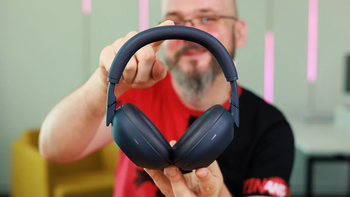
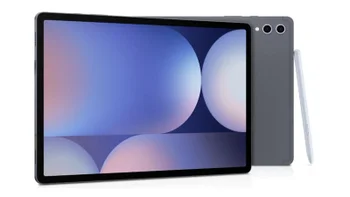

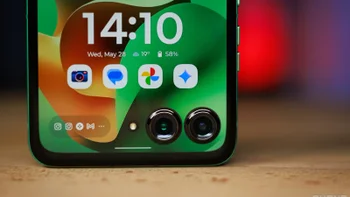

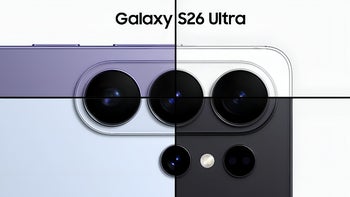
Things that are NOT allowed:
To help keep our community safe and free from spam, we apply temporary limits to newly created accounts: